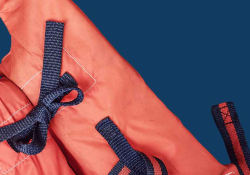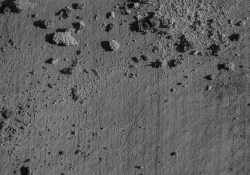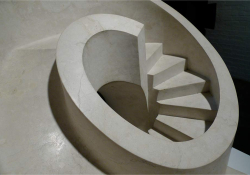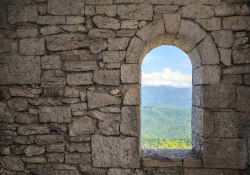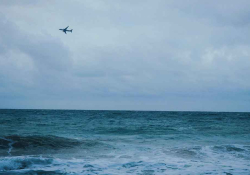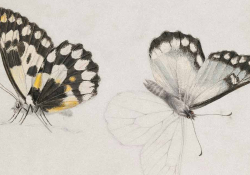When Blood Boils
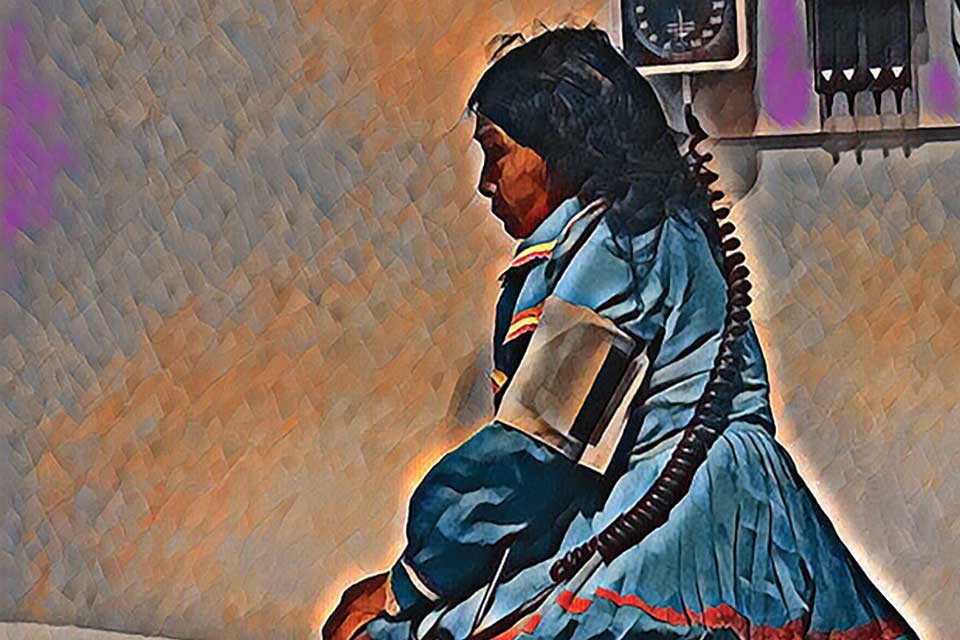
What is the reason for your visit, Embera Wera?1
You’ve walked fourteen hours through the muddy night,
you’ve crossed an entire mountain range to see me,
even knowing the demon moana lay in wait for you in
the darkness;2
when your legs failed you, Embera Wera,
your War, your son, carried you strapped to his back.
Did you tumble?
Is that why mud stains your dress and your wounds are
mapped in blood?
What brings you to the hospital, Embera Wera?
Malaria that has your blood boiling,
poverty that’s handing you its bill—
I don’t understand your language, and you don’t
understand my dialect.
Are you in pain . . . Boro pirabu, tani pirabu, bi pirabu?3
It’s your seventy-three years of neglect that’s hurting you,
war that’s taken away the land and the fruit of your
womb,
your rivers that were poisoned by mercury—
you feel you can’t take anymore.
What are you holding on to, Embera Wera?
The god who taught you to romanticize misery
who with whipping and witch-burning taught you to love
and who is waiting for you to “bless” your suffering?
But don’t let me die—your eyes say—
clinging to life is not a sin.
—Administer fluids, blood sugar, an EKG, chloroquine—
and justice?
Have her fill out the SIVIGILA form for malaria!4
But, why not also report violence by the State?
Why not denounce the indolence of history?
Translation from the Spanish
1 “Embera” refers to an indigenous people who live in Colombia and Panama and is the patient’s tribal name. “Wera” is the patient’s given name.
2 “Moana” is a demon who attacks travelers.
3 “Boro pirabu” means headache, “tani pirabu” means stomach pain, and “bi pirabu” means pain in the womb.
4 The Sistema de Vigilancia en Salud Pública (sivigila) refers to a Colombian national health system.



